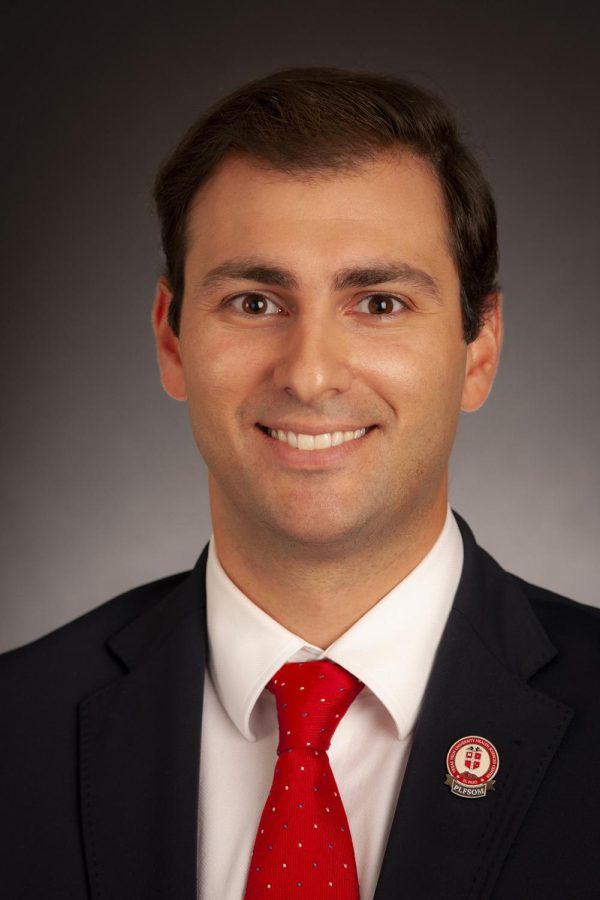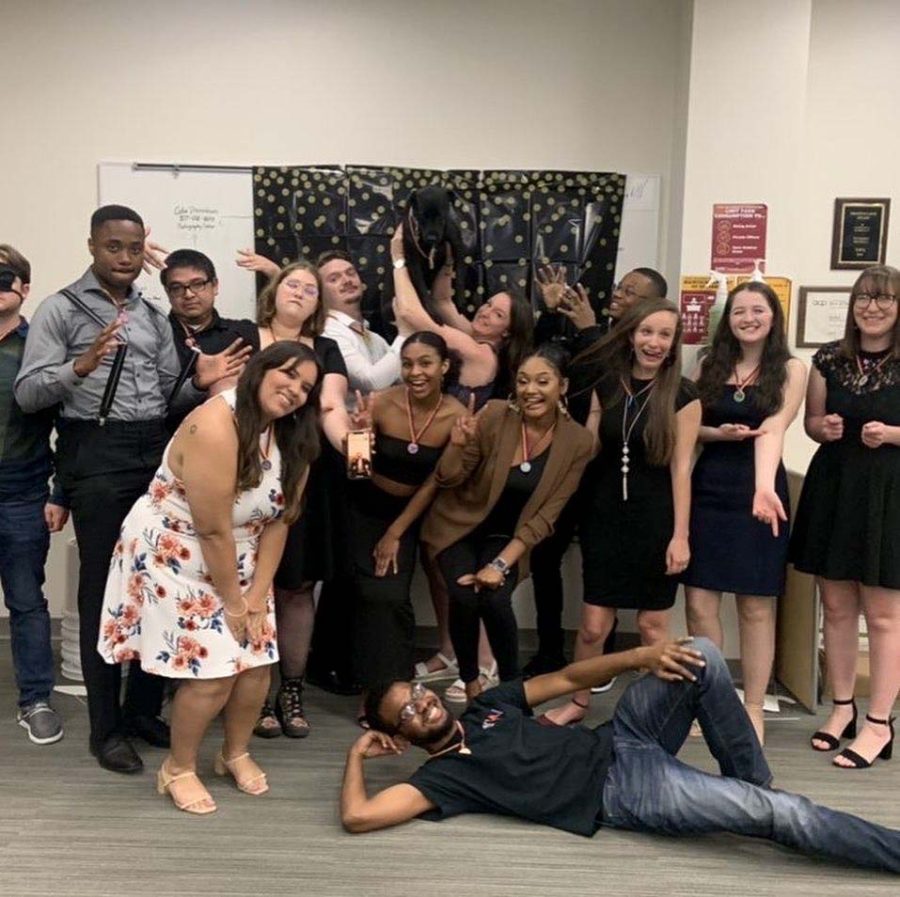
When I was in the eighth grade, I lived in Mexico for eight months. Later when I was 18, I went to three countries in Europe. In both experiences I had little to no knowledge when it came to their native languages.
In Mexico, I learned what it was like to not be able to attend certain classes or school functions because you didn’t speak the language. Every other day I was taken out of other higher level classes to go to Spanish as a second language. I enjoyed learning a new language, and I loved getting the opportunity to explore and be apart of someone else’s culture. Despite all that, I still felt left out at times.
My friends there oftentimes would go in and out of Spanish and English so fast that I could never truly keep up, and a lot of times would miss out on jokes or parts of conversations that ended up being important. It was frustrating at times, I would try so hard to keep up, but it would still feel like I fell farther behind.
I did get excited when someone spoke English, because for a slight moment my head didn’t feel like it was searching for the right words or phrases, I was confident and didn’t have to second guess if what I said made sense.
I practiced the pronunciation of words over and over because I hated being labeled a “gringa” and people thinking it was cute how I pronounced a word. I got the accent pretty well, and I became more confident through practice and constant help and encouragement from my friends, but learning another language is hard. By the time I left, I was pretty fluent, but there were many hurdles I jumped to get to where I was. It took people being patient and supportive, but it also took me not giving up and persevering.
Later when I traveled to Europe, I didn’t speak any of their native languages. I didn’t even know “hello,” but something that I admired so much about Europeans was that almost everywhere I went, someone spoke English.
There are so many different languages spoken throughout Europe that a majority of people we ran into spoke at least 2-3 languages. You could guarantee one of those languages to be English too. Since so many different languages are spread throughout Europe, they use English as the language in common to speak with one another.
It no longer became a pride issue. Instead it opened doors for people to travel and made them more willing to look past a language barrier, so long as they could experience and respect each other’s cultures.
So, before you say to someone that they need to learn English because it’s America, stop and think. Be patient if they are learning. Help them. Encourage them. Try to learn a language so you can be that person that can help a family not from here feel more comfortable and welcome. Just because we live in America, doesn’t mean we can’t speak something other than English.
Rachel Johnson is a mass communication senior.















